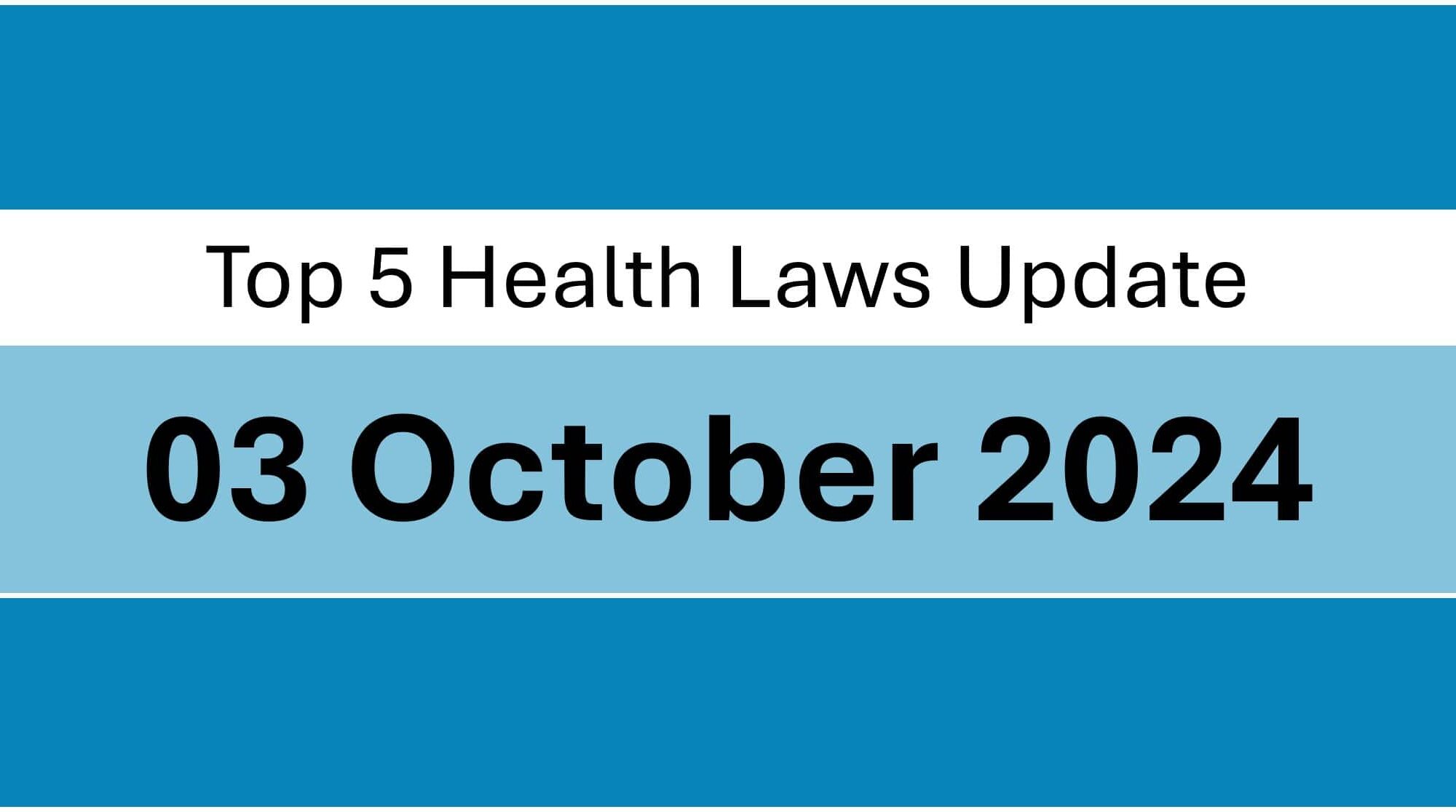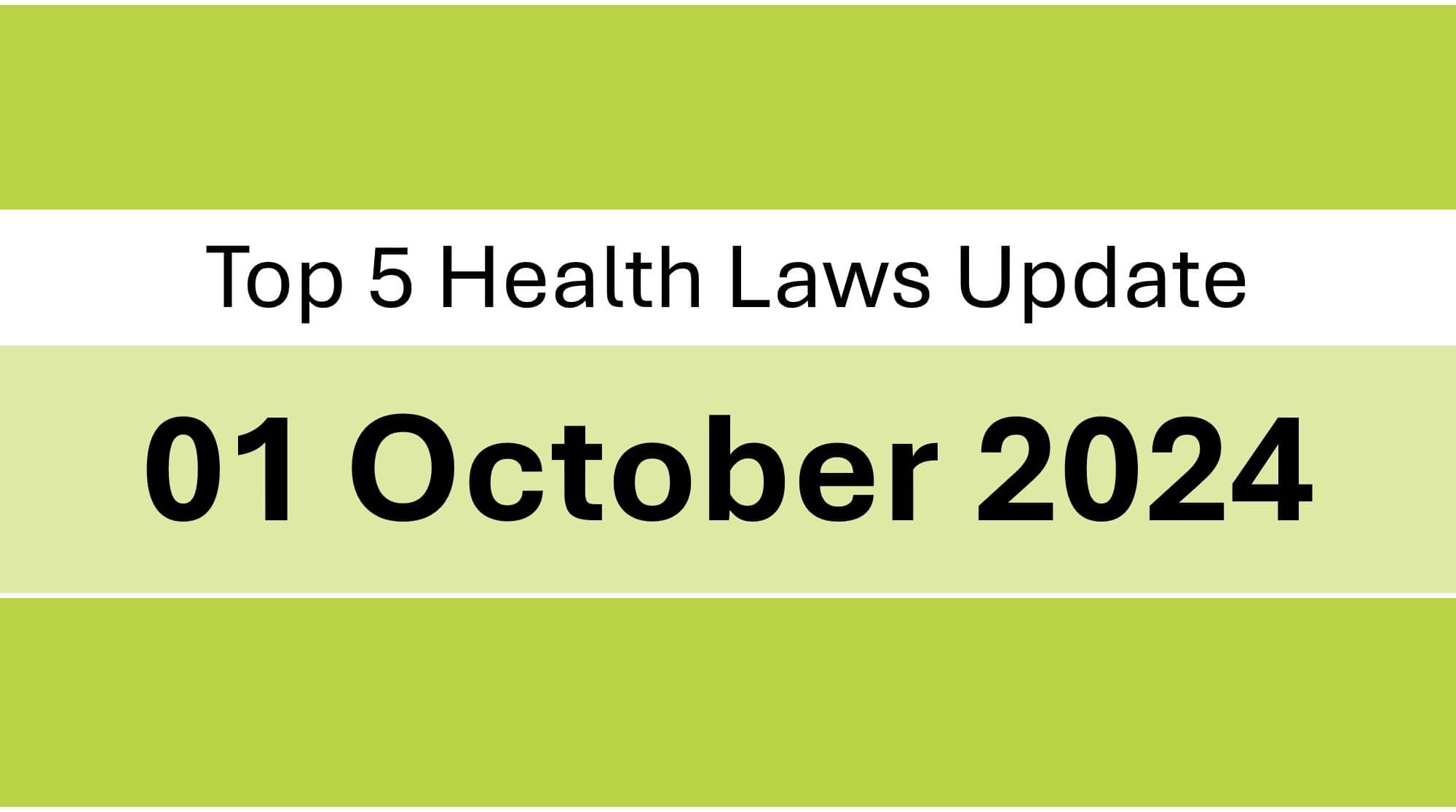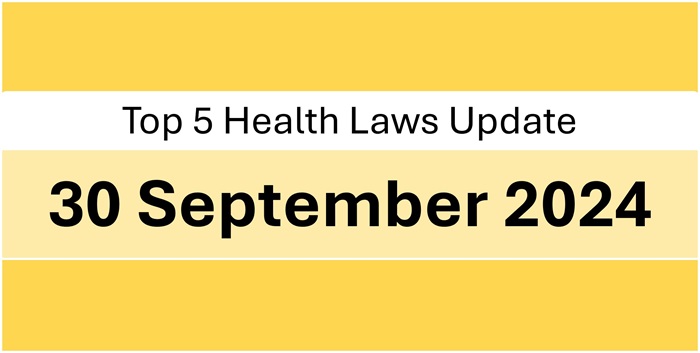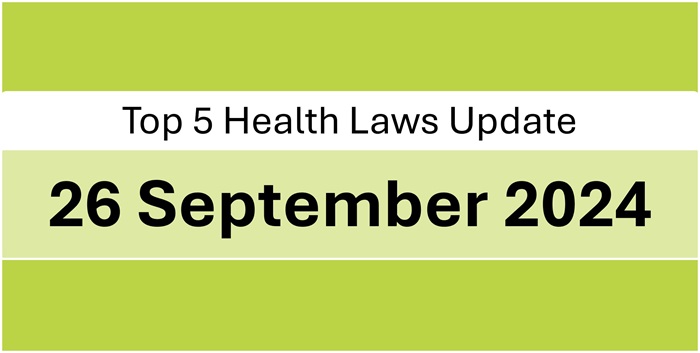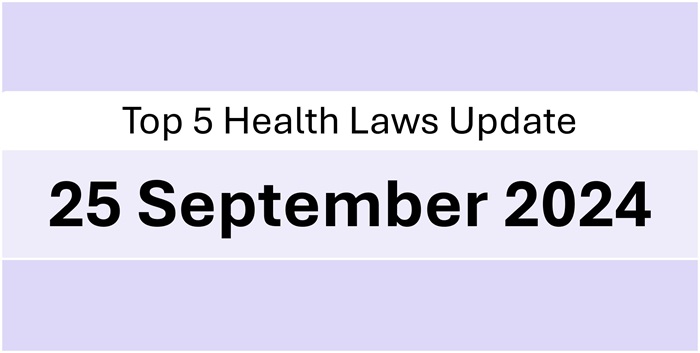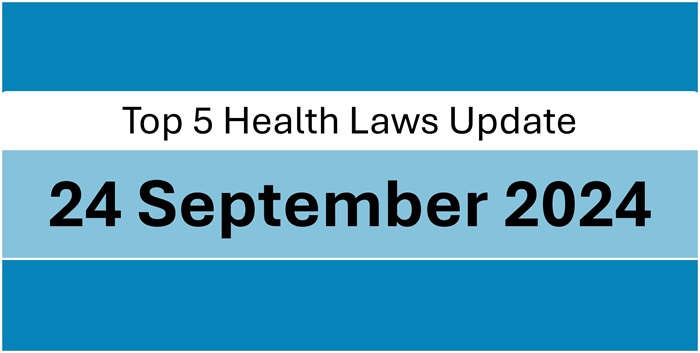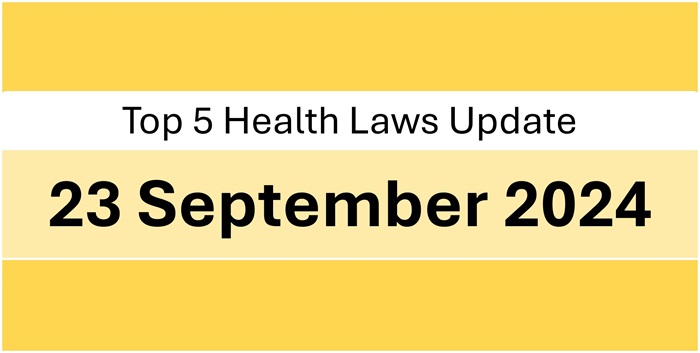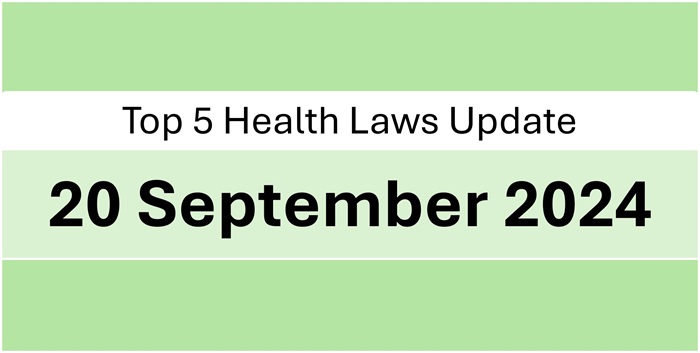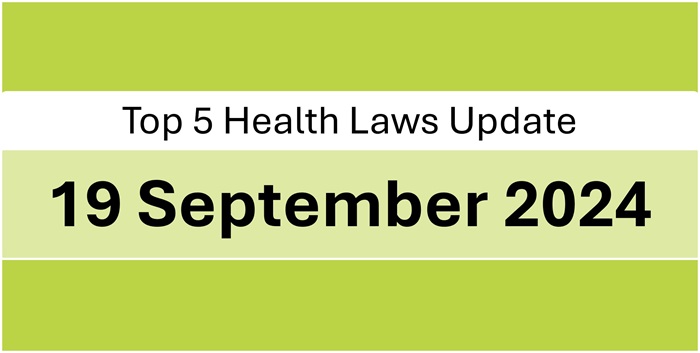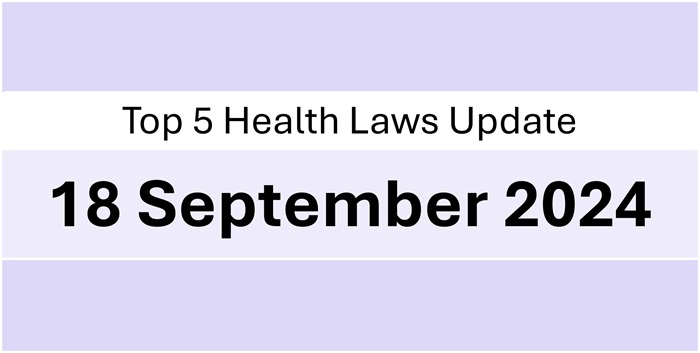Dear Readers, we are happy to share the most interesting legal and policy updates concerning health industry that we read today. We hope you enjoy reading it.
1. India’s National Consumer Disputes Redressal Commission (NCDRC) has directed one of the medical device company to pay ₹35 lakh to a consumer as compensation for medical complications arising from the inherently defective design of hip replacement device.
Source: bit.ly/3XP4bla
2. India’s Ministry of Environment, Forest and Climate Change has issued the Ecomark Rules, 2024, detailing the criteria for granting the “Ecomark”. These rules intend to promote environmentally friendly products and support green industries.
Source: bit.ly/47PY0ly
3. India’s District Consumer Dispute Redressal Commission (DCDRC) of North East Delhi, has ordered a leading hospital to pay compensation for negligence to a patient who had met with a road accident on the ground of deficiencies in the services and failure to meet medical obligations.
Source: bit.ly/3ByeP8E
4. India’s Bombay High Court has issued a restraining order in a trademark infringement case against five juice center outlets in Kerala for unauthorized use of the Haji Ali trademark. The court observed the outlets continued using the name, trademark, and logo of Mumbai’s iconic Haji Ali Juice Centre despite the termination of their franchise agreement.
Source: bit.ly/3XP4RXK
5. The Indian Pharmacopoeia Commission (IPC), under India’s Health Ministry, has issued a drug alert regarding the rampant use of “Tetracycline.” The commission advises both doctors and patients to exercise caution while prescribing this medication, as it may cause adverse reactions, specifically Fixed Drug Eruption (FDE).
Source: bit.ly/3Yb5nkp

